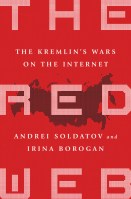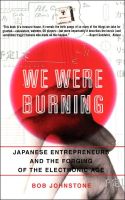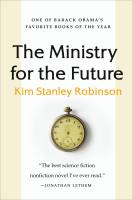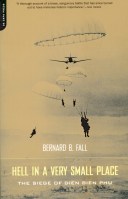When Christ Appears
Contributors
Dr. David Jeremiah
Price and format
- Price
- $26.00
- $34.00 CAD
- Format
- Hardcover
HAVE YOU EVER WONDERED HOW THE BOOK OF REVELATION APPLIES TO YOUR LIFE? When Christ Appears brings clarity to one of the most misunderstood books of the Bible. The book of Revelation promises a special blessing for those who take the time to peer into the future with the apostle John. Readers learn that Christ…





